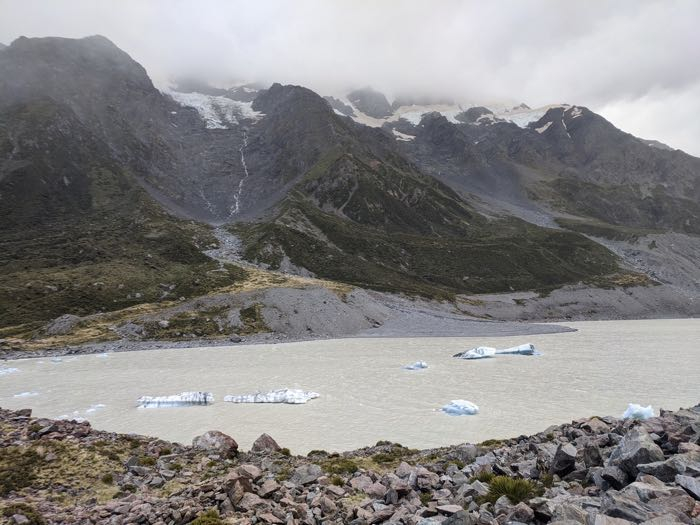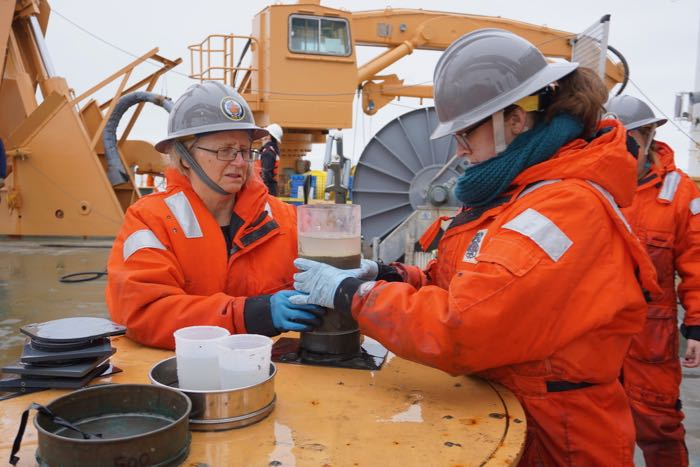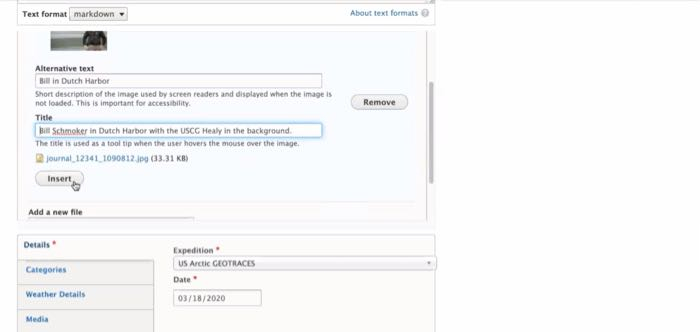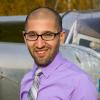What's Happening Now?
As the general public continues to receive news, updates, witness accounts, videos and other information regarding COVID-19, conferences and organizational meetings around the world are being affected. Many organizations are considering whether and how to address the potential impact of the coronavirus on their upcoming meetings and events. Unfortunately, this has been the case with our own PolarTREC orientation. And right now, I'm in New Zealand trying to make my way back home to Alaska!

Flashback: Who Am I and What Am I Doing?
I am currently the English and Engineering teacher, who teaches all high school students at Nenana City School in Nenana, Alaska (9th through 12th grade). With a city population of less than 400 persons, we currently have enrolled about 200 students attending our K-12 school with ~70 students in grades K-8, and ~130 students in grades 9-12. This number includes the ~100 students residing at the Nenana Student Living Center (NSLC), one of several statewide boarding facilities for high school students living in remote villages in Alaska.
Living and working in rural Alaska, I have certainly realized the importance of community involvement and teamwork. The more I have worked together with - and come to value - the contributions of Nenana’s diverse population, the more I understand the importance of team building and see a need to develop new connections between our school and our community. During my PolarTREC expedition, I will be joining the Dr. Anderson/Dr. Pickart labs from Woods Hole Oceanographic Institution in the Bering, Chukchi, and Beaufort Seas for one month doing harmful algal bloom (HAB) research. This research is especially important to me and my students, as its cultivated data illustrates HAB-induced impacts on important subsistence lifestyle.

Present Moment: Recap
Thanks to our PolarTREC leadership team for their diligence in planning around this challenge in order to best prepare everyone! It is incredible to have digital access to our training. It’s truly fascinating how successful people approach problems. Others see an impenetrable barrier, while successful people see challenges to embrace and obstacles to overcome. Even if this challenge has slowed the transmission of knowledge, we are experiencing amazing growth in our educational capacity.

Where To?
Every journey has a starting point, and so has my personal growth journey during orientation. I am honored to be a part of PolarTREC because I know that my own experiences as a student – in particular, what I learned from my many amazing, passionate teachers over the years – has cultivated within me a desire to learn, to challenge myself, and to explore the world around me. My love of learning led to my love of teaching, and so far, my PolarTREC experiences have been helping me to become a better teacher today, so that I can better help nurture this same passion within my own students. Instilling a love of learning in students ensures a brighter future for them and all mankind. I discover terrific joy in guiding children to the acquisition of knowledge and skills, and more importantly, knowing that, through PolarTREC, I can make an impact beyond that of academics has cemented my excitement as part of this important experience.
- next >
- 1 of 27


Comments